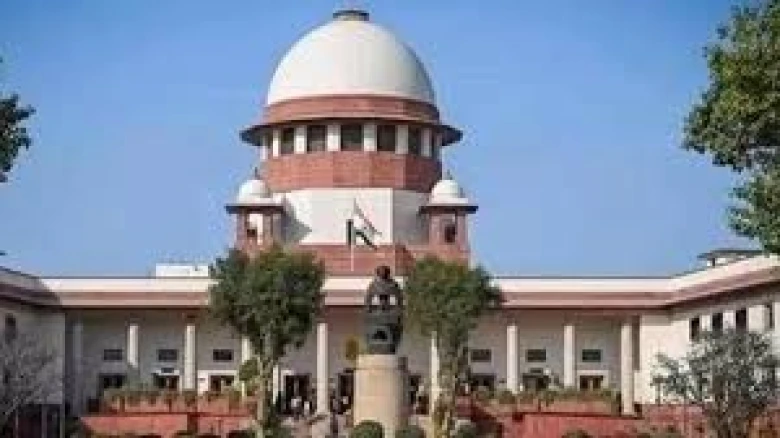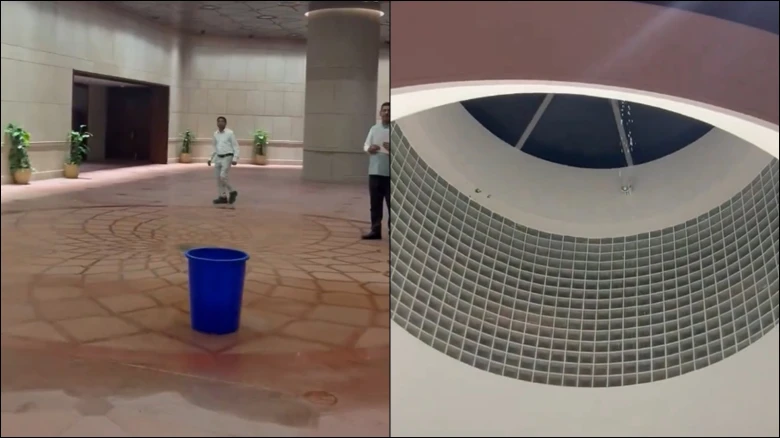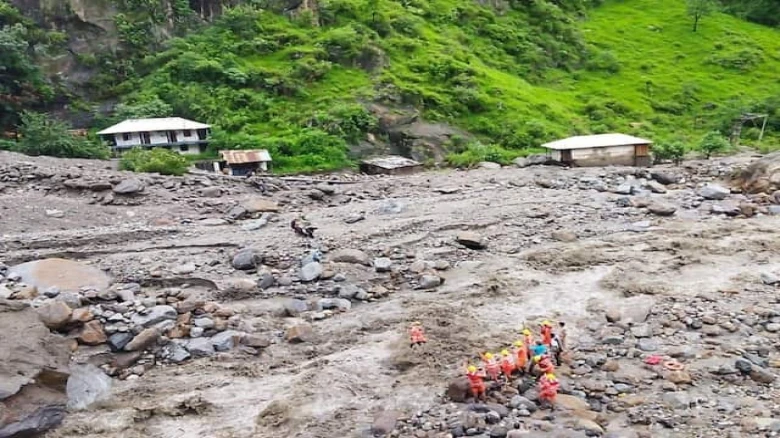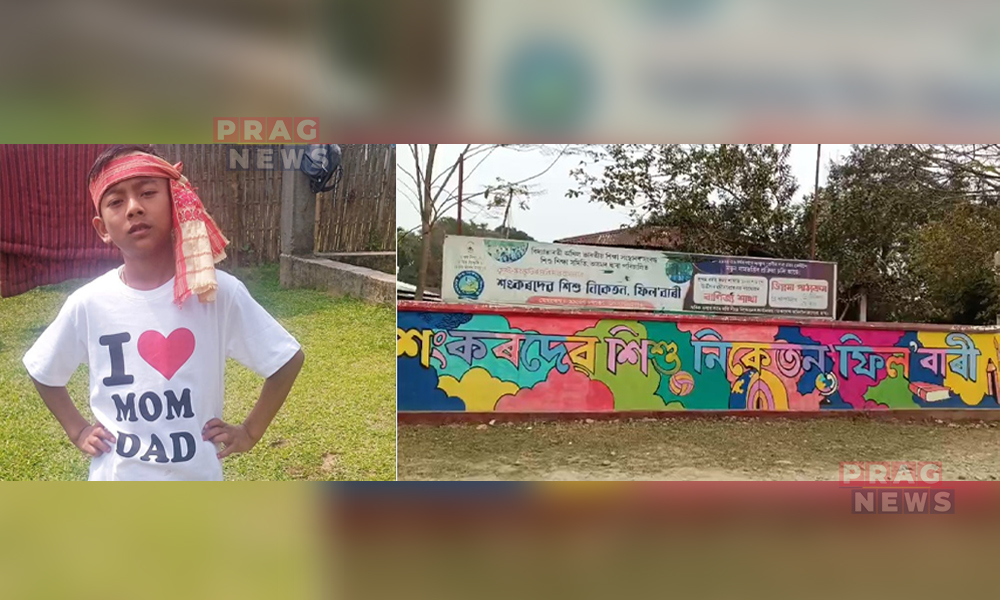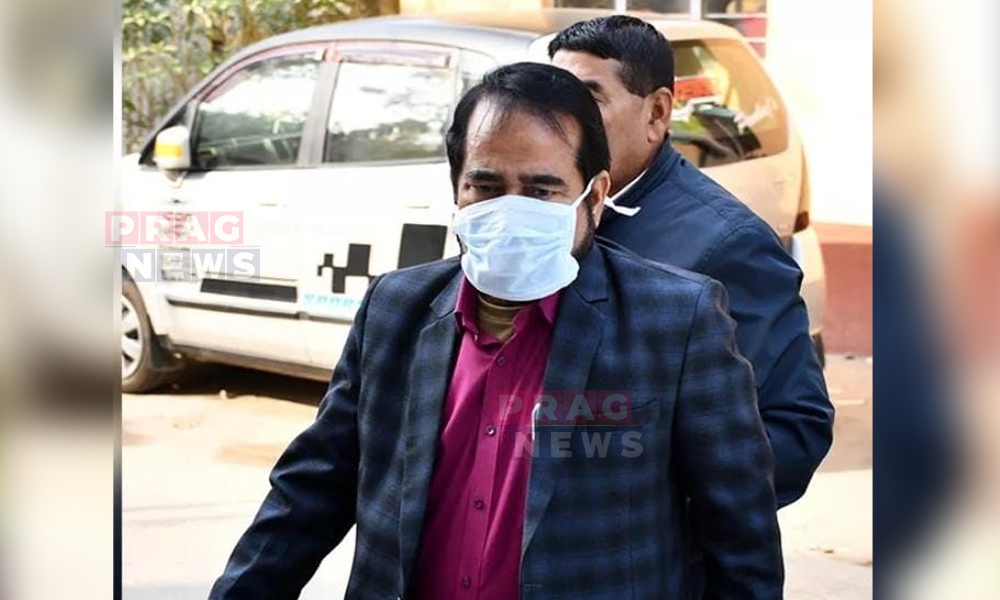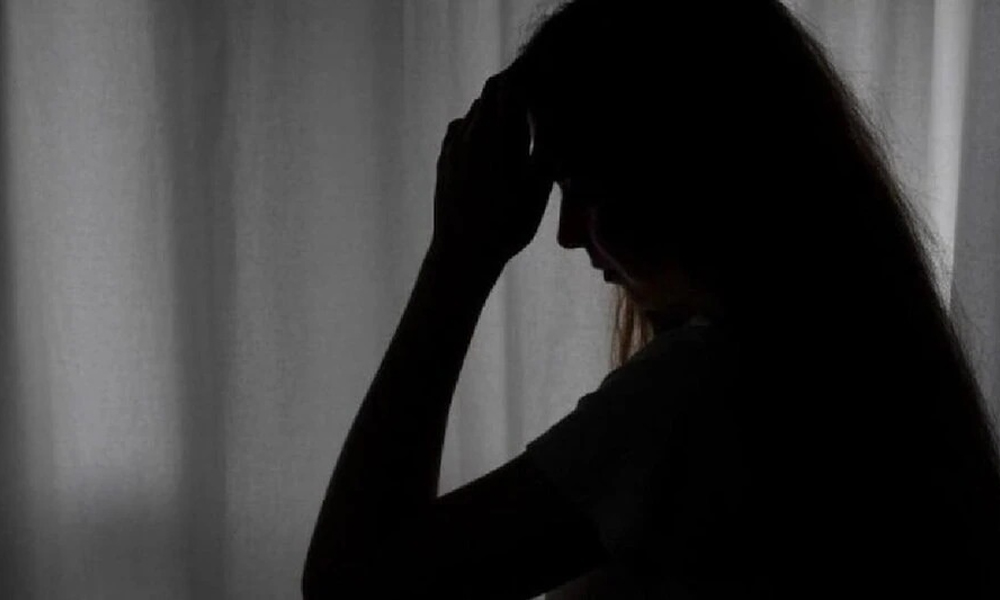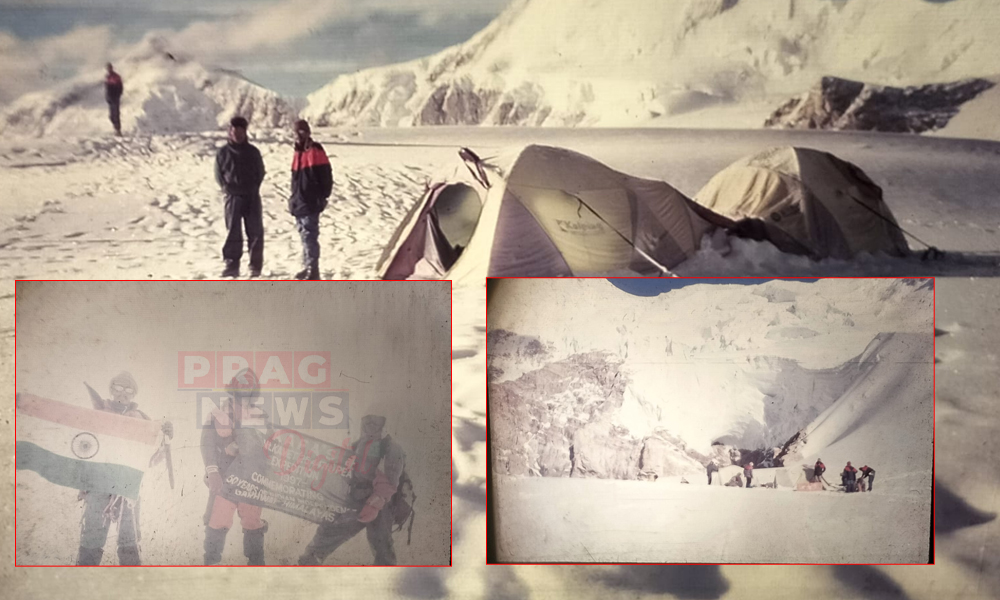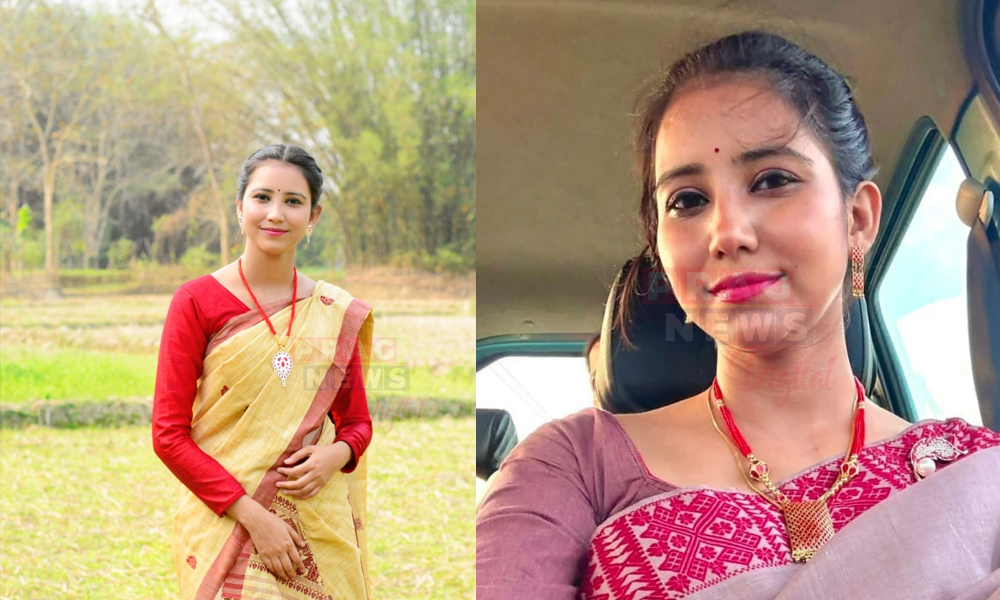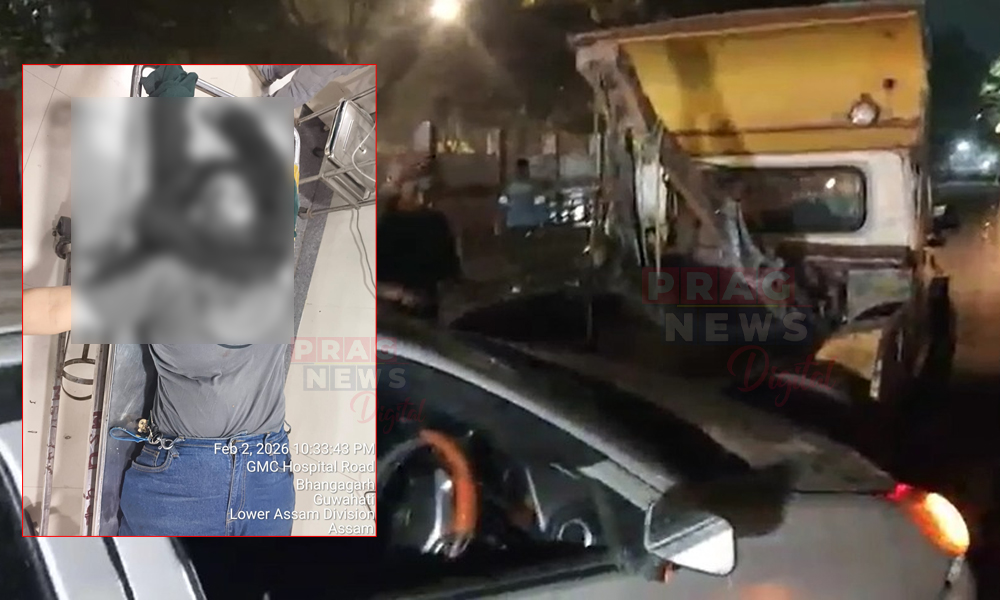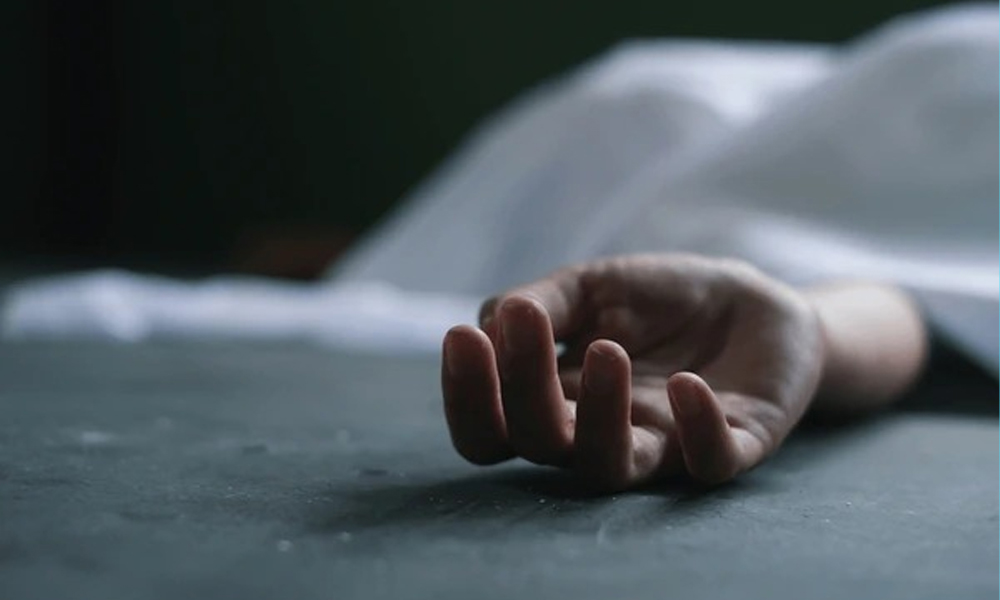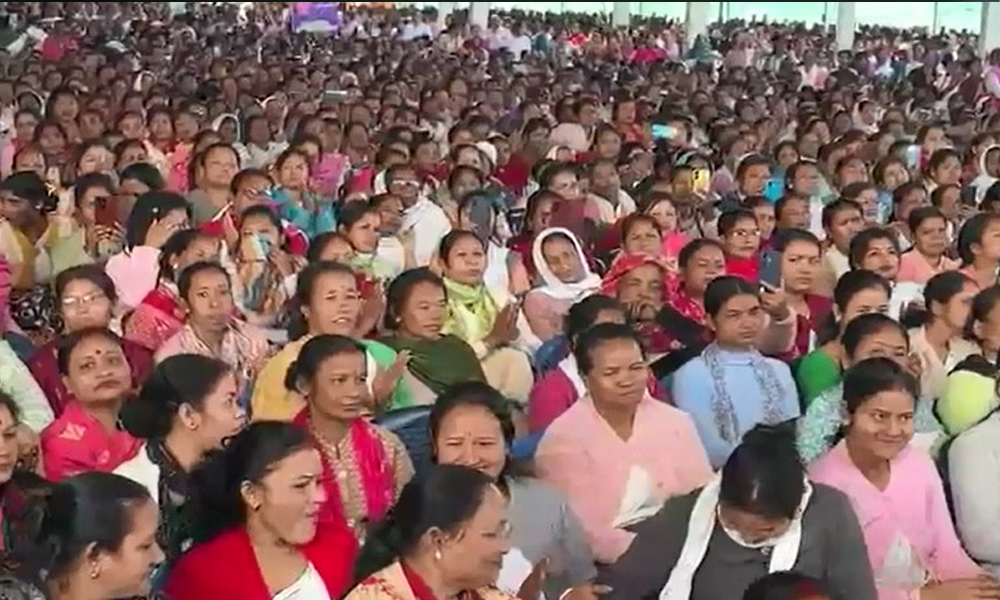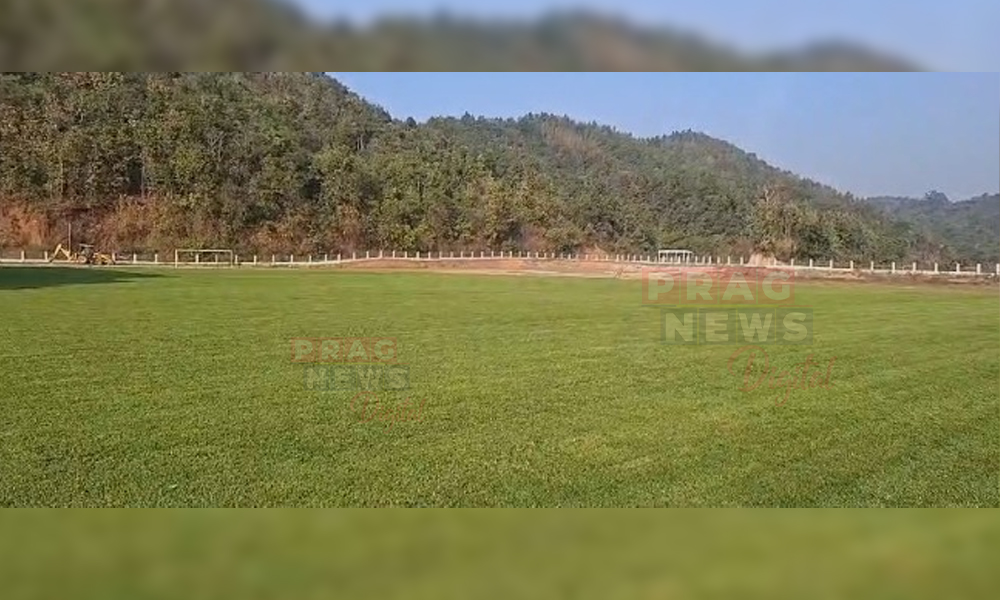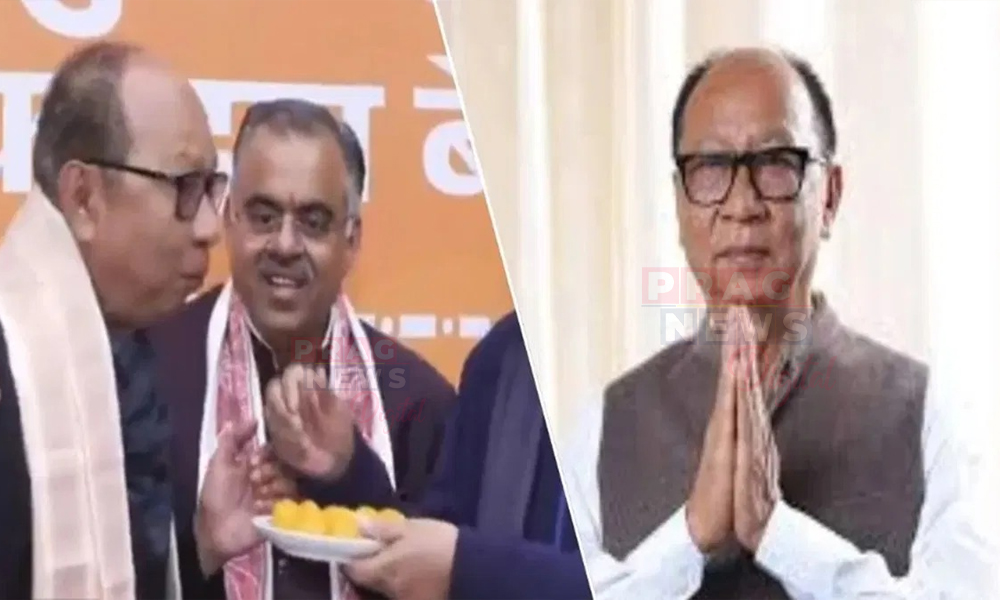The Constitution bench, chaired by Chief Justice of India (CJI) DY Chandrachud, overturned the 2005 ruling that had previously stated state governments lacked the authority to create sub-categories of SCs for reservation purposes.
Digital Desk: In a 6:1 verdict on Thursday, the Supreme Court ruled that subclassification of Scheduled Castes (SCs) and Scheduled Tribes (STs) is permissible to allocate separate quotas for the more marginalized groups within these communities. Justice Bela Trivedi dissented from the majority opinion.
The Constitution bench, chaired by Chief Justice of India (CJI) DY Chandrachud, overturned the 2005 ruling that had previously stated state governments lacked the authority to create sub-categories of SCs for reservation purposes. The court upheld both the Punjab Scheduled Caste and Backward Classes Act, 2006, and the Tamil Nadu Arunthathiyars Act.
CJI Chandrachud asserted that the concept of "quota within a quota" does not violate the principle of equality under Article 14 of the Constitution. He highlighted that systemic discrimination often prevents SC/ST members from advancing. "Subclassification does not breach the principle of equality," the Supreme Court stated.
However, the court emphasized that any subclassification must be backed by quantifiable and demonstrable data from the states. "States cannot act based on whims or political convenience; their decisions are subject to judicial review," CJI Chandrachud noted.
Policy on Creamy Layer
Justice BR Gavai, who agreed with the majority decision, emphasized that it is the state's responsibility to offer preferential treatment to the more backward groups within SCs and STs. "Only a few individuals within the SC/ST category benefit from reservations. The ground realities reveal that certain sub-categories have faced greater oppression for centuries," Justice Gavai remarked.
He also stated that states should establish a policy to identify the "creamy layer" within SC and ST categories before implementing subclassification. "This is essential for achieving true equality," he said. Justice Vikram Nath supported this view, noting that the creamy layer principle should apply to SCs as it does to OBCs.
Dissenting Opinion
In her dissenting opinion, Justice Bela Trivedi argued that subclassification of SCs and STs by states contravenes Article 341 of the Constitution, which empowers the President to compile the SC/ST list. She contended that Article 341 was designed to prevent political influence on the SC/ST list.
"Subclassification would amount to altering the Presidential list," Justice Trivedi said. "Any preferential treatment for a sub-class within the list could result in the deprivation of benefits for other classes within the same category."

